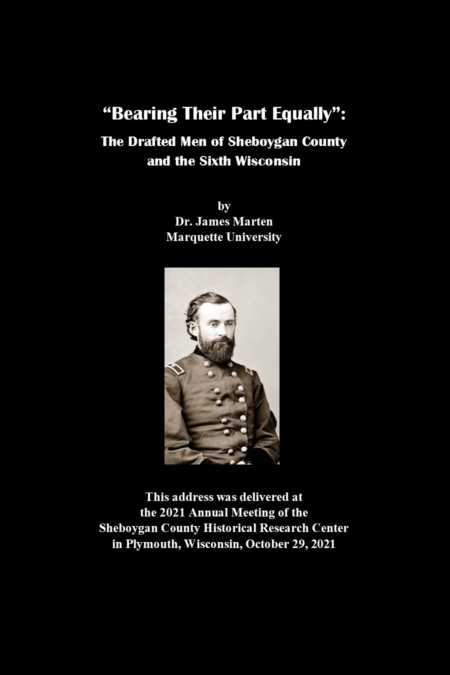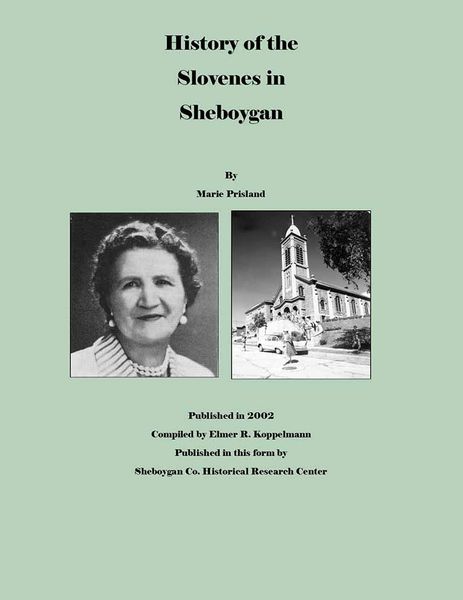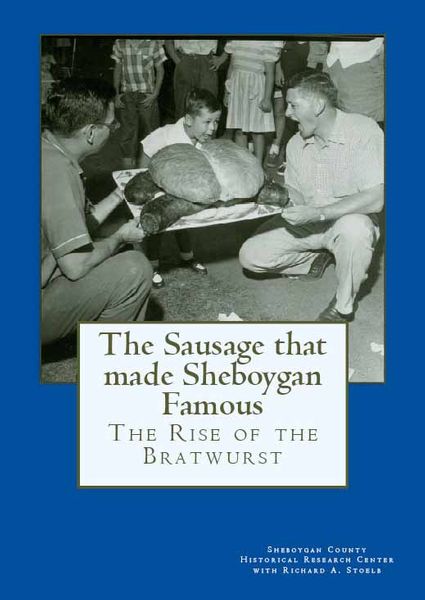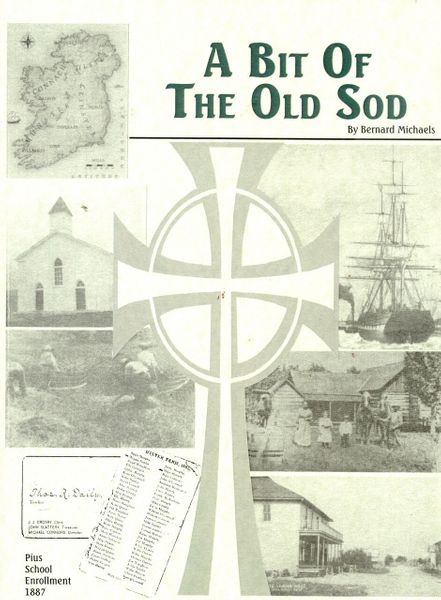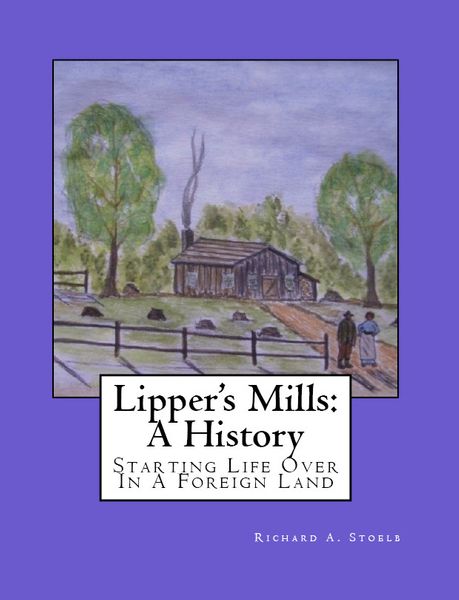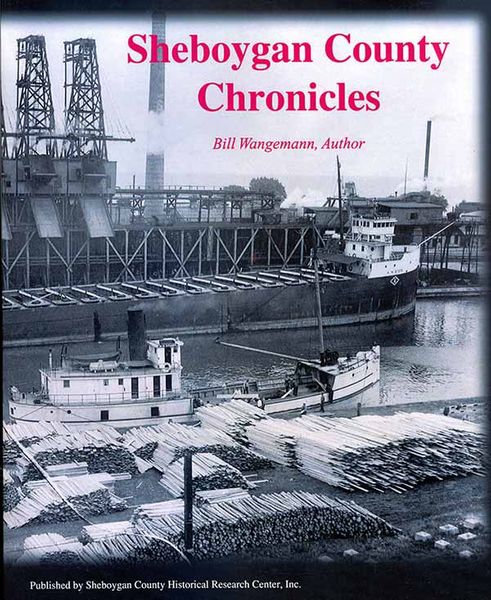Description
By Dr. James Marten, Marquette University
This address was delivered at the 2021 Annual Meeting of the Sheboygan County Historical Research Center in Plymouth, Wisconsin, October 29, 2021.
In a newsy letter to his parents in December 1864, Winslow Loring of the Sixth Wisconsin described an encounter with Brig. Gen. Edward Bragg—a Fond du Lac lawyer who had risen from captain to colonel of the Sixth and on to command the famed Iron Brigade in June 1864—confronting the much-needed but green reinforcements flooding into the brigade. Bragg, wrote Winslow, “is rather hard on our recruits. He came down to see them drill yesterday and seeing one in his shirtsleeves went up to him jerked him out of the ranks and told him to go & get his coat. Another was smoking [; he] steps up to him & pulls the pipe out of his mouth [and] threw it away. He is worse on them than he was on us probably because there [sic] drafted and so Dutchy.” (“Dutch” was a common, and vaguely negative term for German.)
Ignoring his clear ethnic bias—and the small irony that the writer of this letter had himself been with the regiment for less than a year—Winslow paints a homely and humorous scene straight out of countless war novels and movies in which grizzled veterans are bemused by rookie soldiers. It may well have been witnessed by the Sheboygan men just arriving to serve with the Sixth, one of the original regiments in the Iron Brigade and the recipient of about 400 new recruits—mainly draftees and transfers from the decimated Second Wisconsin—at about the time Winslow was writing.
At least eighty-five members of the Sixth came from She-boygan County—mostly as draftees or substitutes in the fall of 1864. They would endure the last few violent months of the war beside the few surviving old soldiers of the original cohort of men who had joined in 1861. Nearly a third would become casualties by bullets or disease.

